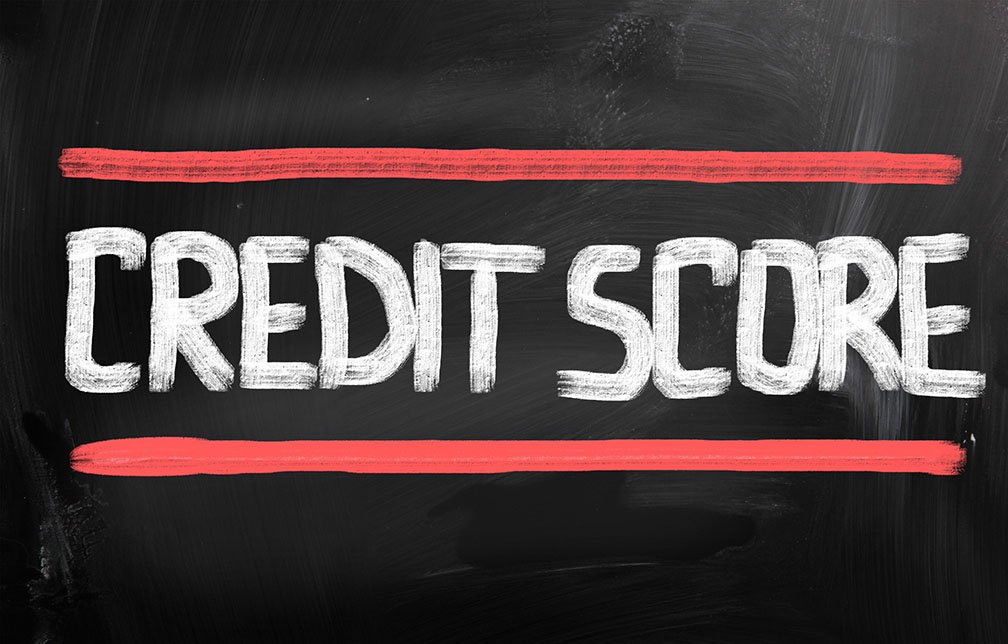Buyer Beware: Three Major Red Flags to Watch for When Visiting Open Houses
 An open house is a good opportunity to get out and about to see what kind of home you’re looking for and if it will work for you. Fortunately, they can also be a good opportunity to find out some things about the house you’re looking at that might not be listed on the website and may be less than flattering. If you’re wondering what red flags to watch out for, pay attention to the following things the next time you’re at a showing.
An open house is a good opportunity to get out and about to see what kind of home you’re looking for and if it will work for you. Fortunately, they can also be a good opportunity to find out some things about the house you’re looking at that might not be listed on the website and may be less than flattering. If you’re wondering what red flags to watch out for, pay attention to the following things the next time you’re at a showing.
Strong Odors
Many home sellers try to engage the senses in order to entice buyers by baking cookies or spraying air freshener. However, a lot of air freshener or scent can also be a means of hiding less than pleasant smells that are a giveaway for big problems. If you notice a lot of scents when visiting an open house or if there’s an odor, you may want to look for mildew or mold as this can mean a huge house-owning hurdle to deal with down the road.
An Abundance Of Fix-Up
A small maintenance issue here and there may not be a big deal, whether it’s a doorknob that doesn’t catch or peeling paint on the wall. Unfortunately, an abundance of small issues can signal a certain attitude towards general maintenance that should be approached with caution. While it may just be a few details that were forgotten about, it’s important to pay attention as there may be a lot of more important maintenance issues that are not being taken care of if the minor ones are visible.
Issues With the Foundation
There are many issues that will hopefully come to the forefront at the home inspection, but it’s not worth it to get invested in a home only to back out due to a failing foundation. Instead of leaving it up to the due diligence of the home inspector, check for large gaps in the home’s foundation to unveil any issues on this front. The foundation can be a huge issue if it requires a fix-up, and it’s one you probably won’t want to deal with in your new home.
Open houses can provide a great sense of what it’s like to live in a home, but they can also be a good opportunity to take note of any major issues with a future home. If you’re currently preparing to buy a home, contact your trusted mortgage professional for more information.

 Many people all over the world are dealing with issues involving debt or poor credit history, but most aren’t necessarily aware of what exactly makes up their credit score. Unfortunately, it might seem like it’s the big stuff that counts when it comes to credit, but little things can have a significant impact on your financial health. If you’re looking to improve your understanding and your finances, here’s what you need to know about small mistakes and your FICO score.
Many people all over the world are dealing with issues involving debt or poor credit history, but most aren’t necessarily aware of what exactly makes up their credit score. Unfortunately, it might seem like it’s the big stuff that counts when it comes to credit, but little things can have a significant impact on your financial health. If you’re looking to improve your understanding and your finances, here’s what you need to know about small mistakes and your FICO score. Whether you’ve just finished school or are about to start a family, investing in a home can be one of the biggest financial decisions of your life. But as you’ll soon discover, there are a number of considerations you’ll need to make. It can be difficult to know whether to get a short-term or long-term mortgage, or how long of an amortization period you’ll need. Read on below for three questions that will help you to make your decision, as now is the best time to dive into the market.
Whether you’ve just finished school or are about to start a family, investing in a home can be one of the biggest financial decisions of your life. But as you’ll soon discover, there are a number of considerations you’ll need to make. It can be difficult to know whether to get a short-term or long-term mortgage, or how long of an amortization period you’ll need. Read on below for three questions that will help you to make your decision, as now is the best time to dive into the market.